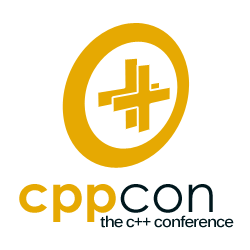Registration for CppCon 2018 is Open
The next CppCon conference is in Bellevue, Washington September 23-28.
Registration for CppCon 2018 is Open
From the announcement:
In addition to the regular conference program there will be keynotes, lightning talks, and panels. There are also pre- and post-conference classes (both two-day and one-day are offered) as well as a meeting of SG14.


 An observation on using std::size & co with statically sized char arrays:
An observation on using std::size & co with statically sized char arrays: